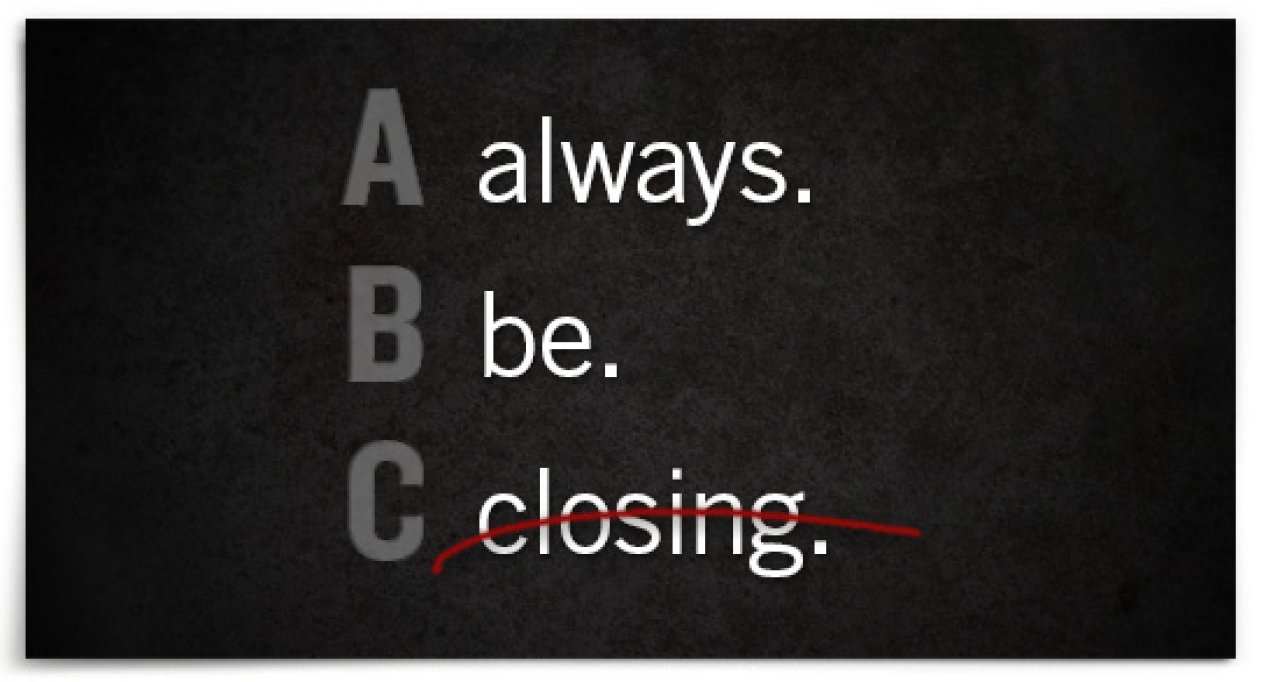Industry Insights
What does it take to grow?

Recently a severe summer storm ripped through Southern Ontario. After the unbearably hot and humid days that preceded it, it was a relief of sorts, but came at a cost. The power was knocked out for many homes and businesses. Limbs and branches littered our neighbourhoods and many trees unfit to withstand the deluge toppled with ease.
I casually tweeted the next day that there was a lot of free firewood lying around. But I admit to feeling a twinge of sadness too at the sight of the stately old trees lying unceremoniously on their sides in the place where they had fallen. Trees are an exquisite example of engineering and design. The ultimate benchmark for form and function. And a fitting analogy for business and life.
Trees are meant to stand firm, rooted in place, to grow tall and bear fruit. That’s what we’re all trying to do in a way. We are all trying to grow something. We may not all be farmers, horticulturalists, landscapers or gardeners, but growing is part of every human’s existence.
We may be trying to grow veggies or grow an audience. We may be growing a business or a fan base. Perhaps you’re helping an organization grow its membership or helping your kids grow up.
Growing is hard work. It takes time. There are considerable risks and many uncontrollable factors. Unfortunately, there are no shortcuts. Farmers know this because of the natural laws that govern their work. A grower knows he can’t take the spring and summer off and then quickly cultivate, seed, water and fertilize in the fall in hopes of yielding a harvest overnight. But in some social settings or corporate cultures this principle can sometimes be forgotten.
Steven Covey (author of First Things First) asserts that the fundamental difference between a social and natural system is this: “A social system is based on values; a natural system is based on principles. In the short term, cramming may appear to work in a social system. You can go for the ‘quick fixes’ and techniques with apparent success. But in the long run they just don’t work.”
Unfortunately, we see this in business all the time. When marketing tactics are looked upon as a silver bullet or a quick fix. Or when a business diverts profit from one division to another to make it look good on the books. It might fool some for the short term but in the long run it just doesn’t work.
Perhaps we should think more like farmers in our businesses and organizations. A few parallels to ruminate on:
Seed = Ideas. All new businesses or products start off as an idea. It’s a vision; a hunch; a guess. But like a seed, an idea on its own is not good for much except fodder.
Planting = Sharing the idea. Exposing it to a team who can build on it and develop it.
Water = Funding. The market will hopefully water a business with revenue but most likely there will be times, especially at the outset, when immediate irrigation is critical. Stored reserves may need to be tapped, to start or sustain the venture.
Climate and Soil = Market conditions. We don’t control this, but we need to know them well to make good decisions. Oranges don’t grow in Southern Ontario after all, no matter how much water is used.
Fertilizer = Marketing. This one is particularly humbling for me to consider. Marketing has long been skeptically considered a bunch of BS. But while it might smell a little funny at times I haven’t met a farmer who didn’t see the benefits of spreading copious amounts of manure on his crops to ensure growth.
Fruit = Profits (ROI). This is ultimately what everybody wants. But as you know, it isn’t guaranteed. It doesn’t happen automatically. It doesn’t happen overnight. There are dangers along the way; storms that can kick up and threaten to topple us. Growing too fast and focusing too much on profits without developing deep and solid roots can be a recipe for disaster.
As a company grows it may need to be pruned to manage growth. It’s painful but necessary to make it stronger, and increase yield by directing all the energy into producing more fruit (profits).
Those are the kind of companies we want to grow — mature, well-pruned, with strong limbs and deep roots. And producing good, healthy fruit.
That is also the kind of person I want to be, come to think of it.

Written by Jason Bouwman, RGD
August 12, 2013


